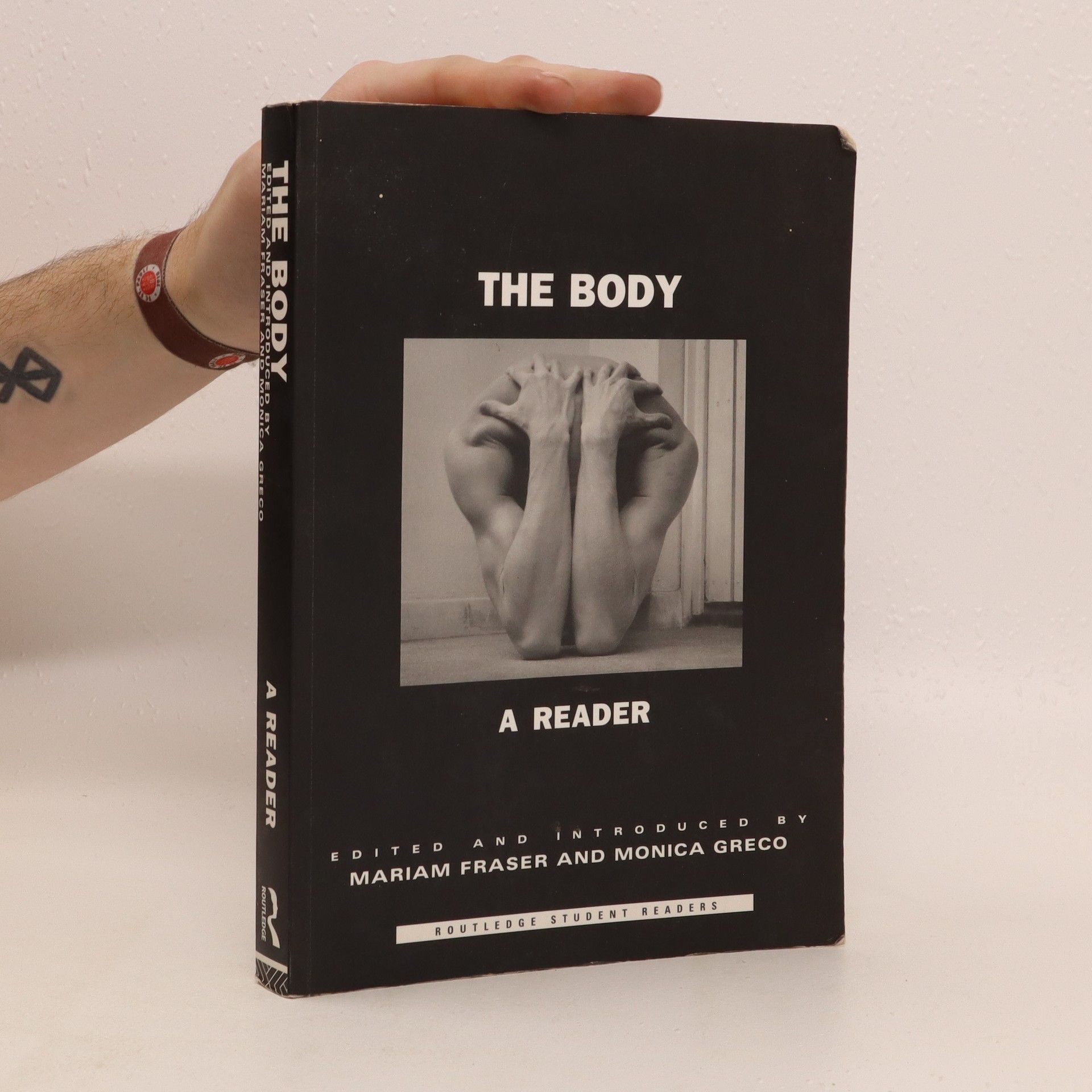Exploring the intersection of post-structuralist and queer theory, this work delves into representations of Simone de Beauvoir, particularly focusing on her bisexuality and its implications for understanding the self. The analysis offers a critical examination of identity and sexuality, challenging traditional notions and highlighting the complexities of de Beauvoir's contributions to feminist thought and queer discourse. Through this lens, the book invites readers to reconsider the fluidity of identity in contemporary contexts.
Mariam Fraser Livres



The body : a reader
- 400pages
- 14 heures de lecture
The body has become an increasingly significant concept in recent years and this Reader offers a stimulating overview of the main topics, perspectives and theories surrounding the issue. This broad consideration of the body presents an engagement with a range of social concerns, from the processes of racialization to the vagaries of fashion and performance art, enacted as surgery on the body. Individual sections cover issues such as: the body and social (dis)order bodies and identities bodily norms bodies in health and dis-ease bodies and technologies. Containing an extensive critical introduction, contributions from key figures such as Butler, Sedgwick, Martin Scheper-Huges, Haraway and Gilroy, and a series of introductions summarizing each section, this Reader offers students a valuable practical guide and a thorough grounding in the fascinating topic of the body.
Identity without Selfhood
- 228pages
- 8 heures de lecture
Exploring the intersections of feminism, queer theory, and identity, this work examines how Simone de Beauvoir is portrayed by various societal figures. It critiques the limitations imposed by Western notions of individuality on the understanding of bisexuality as an identity. By utilizing the theories of Deleuze and Guattari, the book investigates the implications of these constructions for contemporary thought while also offering a critical perspective on Foucault's contributions.